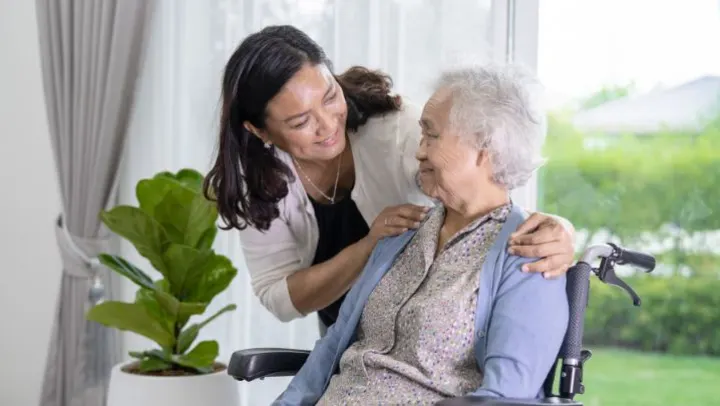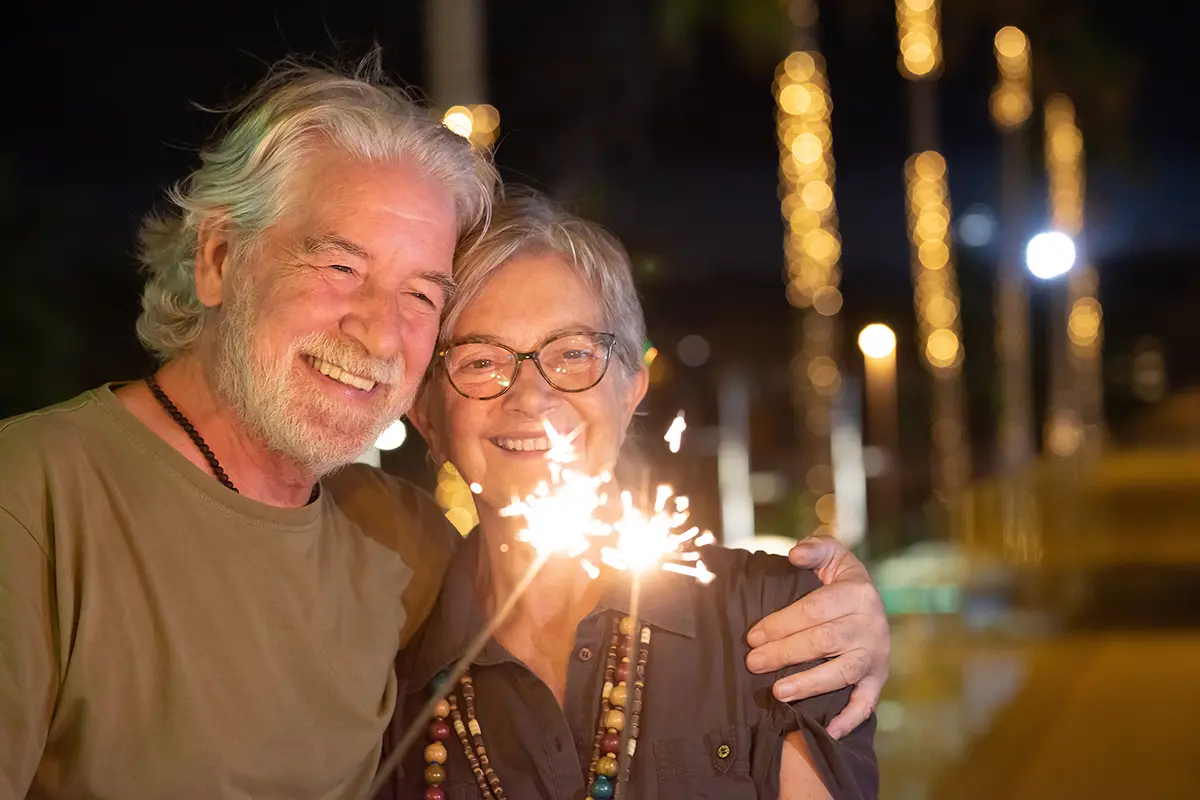
Are you experiencing increased levels of stress, trying to maintain support for your loved one while still having extensive responsibilities apart from your role as caregiver? You are not alone.
About 15.7 million adult family caregivers care for someone who has Alzheimer’s disease or other dementia. Many at-home, family caregivers are not equipped with the training or tools needed to care for memory impaired seniors. It can be hard to know where to begin. The team at Carefield Pleasanton is here for you each step of the way.
What is Memory Care?
Memory Care is a form of senior living that provides intensive, specialized care for those experiencing Alzheimer’s, dementia or other forms of memory loss. Carefield Pleasanton is unique in that we are a memory-care only community completely designed with all aspects of living (dining, supportive services, lifestyle) centered around the well-being of seniors with memory loss.
Is Memory Care the Right Fit for My Loved One?
When caring for a loved one day-to-day, the signs and symptoms of Alzheimer’s and dementia can unfold quietly over a period of time. Does your loved one:
- Often become disoriented or gets lost
- Repeats stories or questions
- Misplaces items or places items in odd places
- Has difficulty speaking or trouble finding words
- Has difficulty concentrating
- Has increasingly exhibited aggressive behavior
Answering yes to any of these questions could mean your loved one may benefit from the additional help of a memory care community.
What do I do Next?
It’s crucial to get the help your loved one needs sooner rather than later. Not only will your loved one receive quicker access to the care that they need, but you will also find the support and community that YOU deserve as a family caregiver.
- Reach Out to Your Loved One’s Physician for Help Your family physician may have already noticed signs of memory decline with your loved one from recent visits. Accompany them to their doctor’s appointments to get an idea of what testing your loved one may need in order to get a diagnosis.
- Take a Tour of Memory Care Communities Tour memory care community with other family members while you are in the process of getting your loved one acquainted with the idea of transitioning to a memory care community. Touring early on in the process will ensure that in the case of a critical event (like a fall or wandering situation) that you and your family have an idea of what options are available to you.
- Talk to Your Loved One About Making the Next Move As a caregiver for a loved one, it can be hard to discuss the need for additional help and the possibility of moving your loved one into a memory care community. A difficult subject that involves strong emotions, there’s two challenges at hand – getting fellow family members on board and letting your loved one know that a memory care community is the best place for them. Read our guide for tips on how to speak with your loved one.
Our Lightfinder™ Memory Care
Carefield Pleasanton has taken a sincere, person-centered approach to the care of seniors living with memory impairment. With living spaces that allow residents to have freedom of movement, loved ones can thrive while enjoying activities with friends, fine dining or serene quiet time in our lush outdoor areas. Each detail of Carefield Pleasanton’s Lightfinder™ memory care program was developed with the goals of helping residents maintain dignity, independence and a life filled with joy. The process of identifying if it is time for memory care and then considering it as an option for your loved one can seem overwhelming, but the team of experts at Carefield Pleasanton are available to help you navigate each step of the way. Give us a call today or fill out the form below. We’re here to help!




